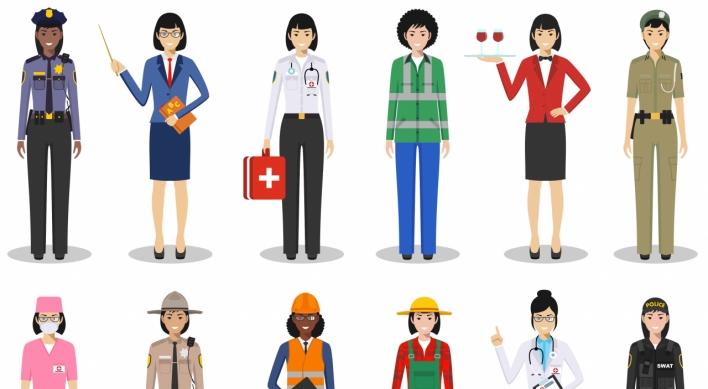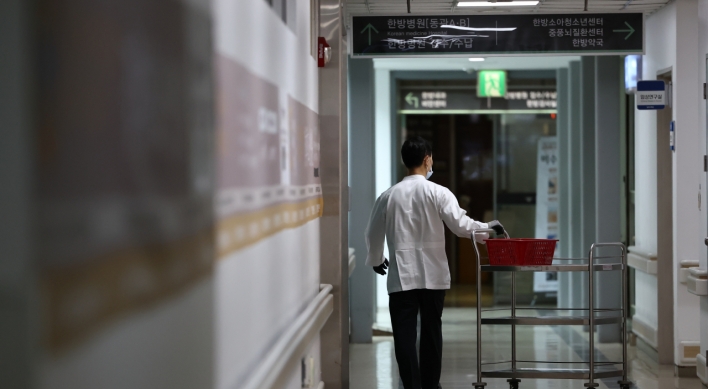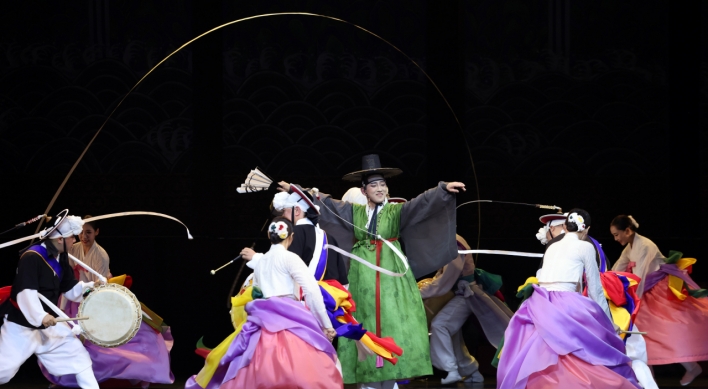U.N. envoy presses China to stop repatriation of North Korean refugees
An unprecedented tussle Monday in Geneva between South Korean lawmakers and a North Korean ambassador over human rights showed how badly inter-Korean relations have recently soured, experts here said Tuesday.
At the U.N. Human Rights Council in Geneva, the South’s lawmakers tried to approach So Se-pyong, the North’s ambassador, after he rejected a report by Marzuki Darusman, the U.N. special rapporteur on human rights in North Korea. The clash occurred while So was about to leave, with security officials trying to stop the lawmakers.
“This scuffle in Geneva directly showed the current status of the South-North relationship ― which is confrontation and conflict. In the wake of the incident, international experts would reaffirm that the Korean Peninsula was still in trouble,” said Yang Moo-jin, a North Korean expert at South Korea’s University of North Korean Studies.
“The worse problem is that the lawmakers’ actions were not effective at all in putting more pressure on the North or China (to stop repatriation of North Koreans),” he said.
An unprecedented tussle Monday in Geneva between South Korean lawmakers and a North Korean ambassador over human rights showed how badly inter-Korean relations have recently soured, experts here said Tuesday.
At the U.N. Human Rights Council in Geneva, the South’s lawmakers tried to approach So Se-pyong, the North’s ambassador, after he rejected a report by Marzuki Darusman, the U.N. special rapporteur on human rights in North Korea. The clash occurred while So was about to leave, with security officials trying to stop the lawmakers.
“This scuffle in Geneva directly showed the current status of the South-North relationship ― which is confrontation and conflict. In the wake of the incident, international experts would reaffirm that the Korean Peninsula was still in trouble,” said Yang Moo-jin, a North Korean expert at South Korea’s University of North Korean Studies.
“The worse problem is that the lawmakers’ actions were not effective at all in putting more pressure on the North or China (to stop repatriation of North Koreans),” he said.
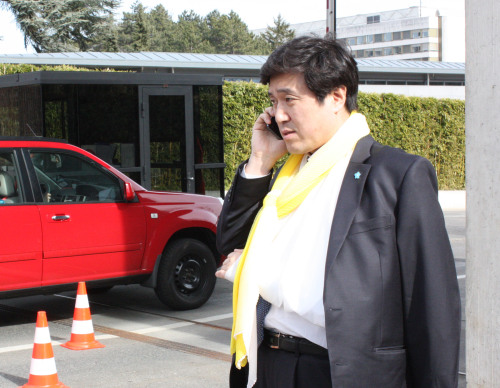
The rift deepened as Pyongyang refused to respond to Seoul’s attempts to hold inter-Korean dialogue while communicating with Washington over the U.S. food aid agreed on Feb. 29.
The North’s aloof stance toward the South comes as the North appears to be pursuing so-called “Tongmibongnam,” a Korean term referring to the North’s strategy of communicating only with the U.S. and shunning the South. The strategy emerged after the Lee Myung-bak administration’s inauguration in 2008.
In Geneva, Darusman said in his report that the human rights and the humanitarian situation in North Korea had deteriorated in recent months.
He indirectly pressed China, by calling for the “neighboring country,” to stop repatriating North Korean “asylum seekers” in line with the principle of non-refoulement.
“While some asylum seekers manage to make their way to the ROK (South Korea), numerous others are forcibly returned to the DPRK (North Korea) by the neighboring country,” he said in his statement.
He called on states “to adhere to their obligation of providing international protection” to such asylum seekers.
Darusman also said the leadership transition from the late Kim Jong-il to his son Kim Jong-un was an opportunity for reform.
After the report was presented, 25 countries including South Korea and North Korea took the floor.
North Korea said “the report was fabricated by hostile elements” and called on the council not to renew the mandate of Darusman.
Besides South Korea, the EU, the U.S., the U.K., Switzerland and France raised concerns over the human rights of North Korean defectors.
However, Cuba, Zimbabwe and Syria said it was a Western attempt to undermine North Korea.
The Chinese envoy reaffirmed Beijing’s stance that North Korean entrants are not refugees but illegal economic migrants and that the handling of the issue is entirely within China’s sovereignty.
“China was opposed to the attempt to turn this issue into a global and political subject,” the Chinese envoy said, according to his comment posted on the website of the office of the High Commissioner for Human Rights.
By Kim Yoon-mi (yoonmi@heraldcorp.com)
-
Articles by Korea Herald









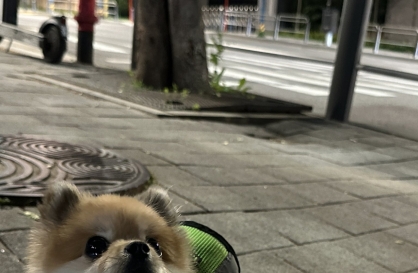

![[Herald Interview] Director of 'Goodbye Earth' aimed to ask how we would face apocalypse](http://res.heraldm.com/phpwas/restmb_idxmake.php?idx=644&simg=/content/image/2024/05/03/20240503050732_0.jpg&u=)



